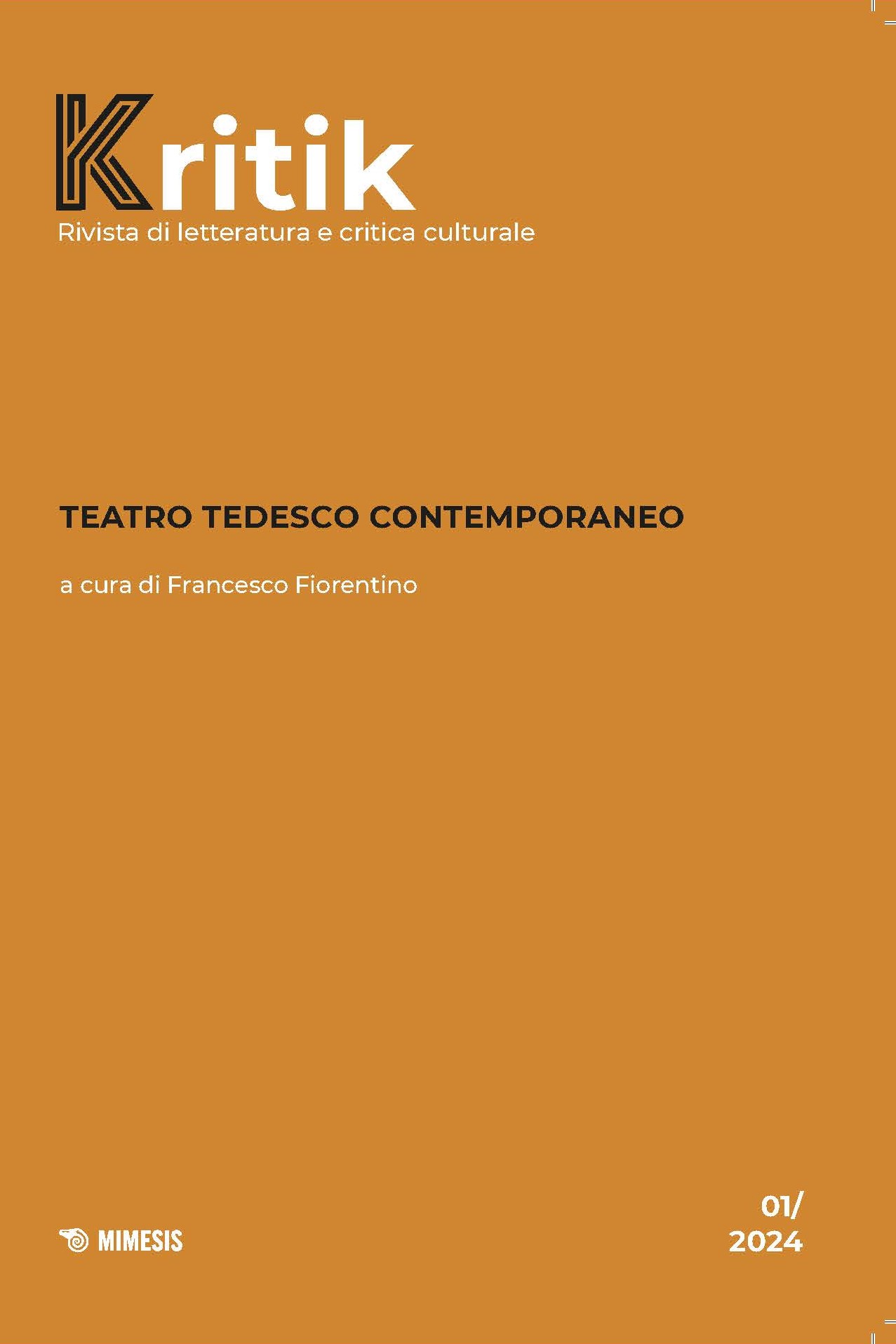Abstract
George Steiner, Bertolt Brecht, Friedrich Dürrenmatt and numerous other modern and contemporary authors have, albeit for different reasons, come to the diagnosis that tragedy belongs to the past. Yet on the stage we are witnessing an exceedingly vital return of the tragic, which can also be explained by the fact that in a world marked by increasingly uncontrollable conflicts, the disorientations of globalisation and catastrophes that we witness with a growing sense of helplessness, the anti-tragic faith in the power of reason to understand our condition (not to mention the power to solve problems) has been severely weakened. Moreover, the possibility of idealising – or even personalising as theatrically interesting figures – certain forces, characters, powers or agents of historical power has disappeared. Thus, tragedy once again becomes a model of representation and reflection beyond Enlightenment dreams, beyond romantic internalisations, beyond political idealism: a theatrical form in which radical scepticism and the disillusioned representation of pain and failure prevail, a theatrical form that does not touch us because of its utopias or heroic stylisations, but because of its recognition of human inadequacies and the empathy it shows towards the vulnerabilities of human beings. In this sense, it has an anti-ideological effect and this quality appears as an increasingly necessary antidote to the daily flat ideologisation of reality, with which consciousness is used to mask its own bewilderment to itself.

